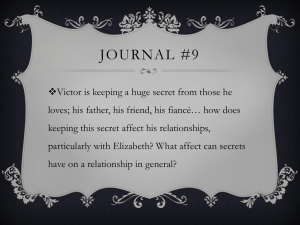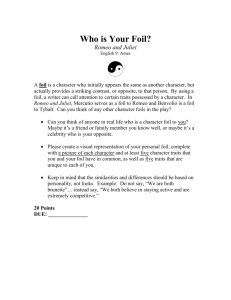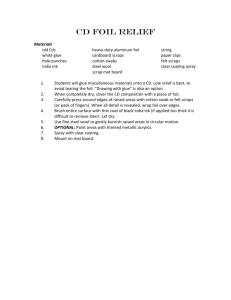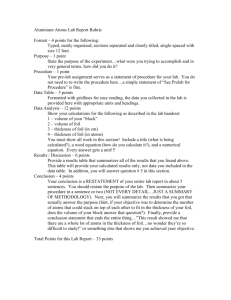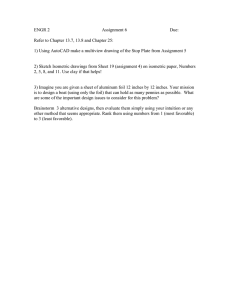2011-12 Council on Libraries, Information Systems and Computing (LISC) Minutes
advertisement
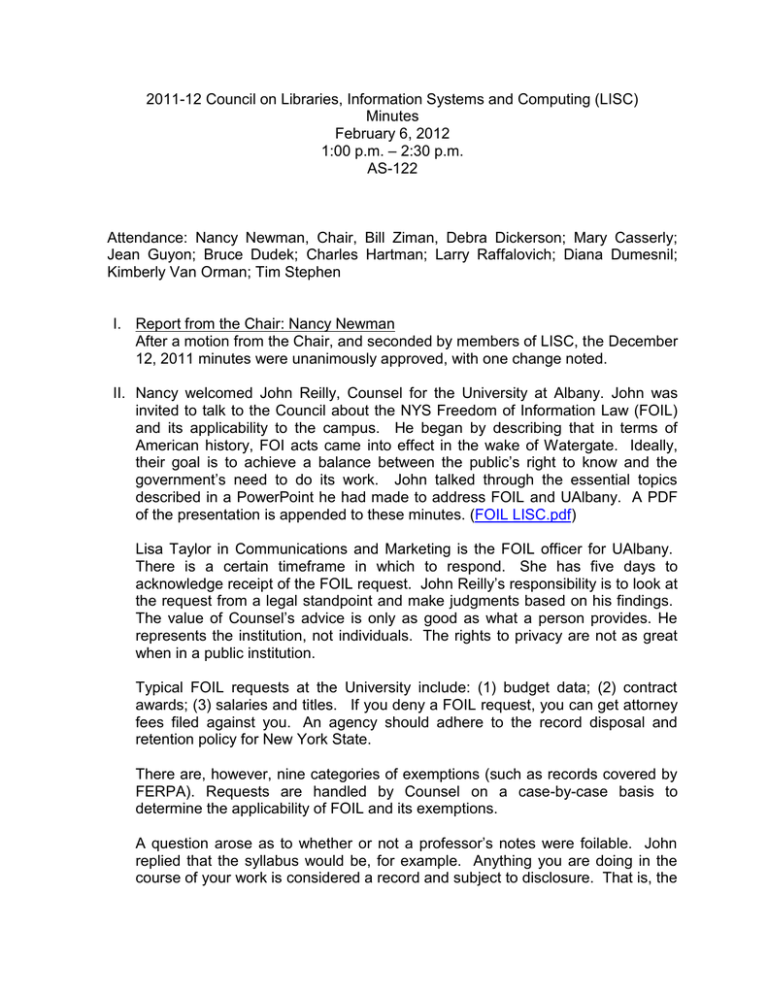
2011-12 Council on Libraries, Information Systems and Computing (LISC) Minutes February 6, 2012 1:00 p.m. – 2:30 p.m. AS-122 Attendance: Nancy Newman, Chair, Bill Ziman, Debra Dickerson; Mary Casserly; Jean Guyon; Bruce Dudek; Charles Hartman; Larry Raffalovich; Diana Dumesnil; Kimberly Van Orman; Tim Stephen I. Report from the Chair: Nancy Newman After a motion from the Chair, and seconded by members of LISC, the December 12, 2011 minutes were unanimously approved, with one change noted. II. Nancy welcomed John Reilly, Counsel for the University at Albany. John was invited to talk to the Council about the NYS Freedom of Information Law (FOIL) and its applicability to the campus. He began by describing that in terms of American history, FOI acts came into effect in the wake of Watergate. Ideally, their goal is to achieve a balance between the public’s right to know and the government’s need to do its work. John talked through the essential topics described in a PowerPoint he had made to address FOIL and UAlbany. A PDF of the presentation is appended to these minutes. (FOIL LISC.pdf) Lisa Taylor in Communications and Marketing is the FOIL officer for UAlbany. There is a certain timeframe in which to respond. She has five days to acknowledge receipt of the FOIL request. John Reilly’s responsibility is to look at the request from a legal standpoint and make judgments based on his findings. The value of Counsel’s advice is only as good as what a person provides. He represents the institution, not individuals. The rights to privacy are not as great when in a public institution. Typical FOIL requests at the University include: (1) budget data; (2) contract awards; (3) salaries and titles. If you deny a FOIL request, you can get attorney fees filed against you. An agency should adhere to the record disposal and retention policy for New York State. There are, however, nine categories of exemptions (such as records covered by FERPA). Requests are handled by Counsel on a case-by-case basis to determine the applicability of FOIL and its exemptions. A question arose as to whether or not a professor’s notes were foilable. John replied that the syllabus would be, for example. Anything you are doing in the course of your work is considered a record and subject to disclosure. That is, the LISC Minutes -2- February 6, 2012 portion of the record that can be construed as public information is subject to disclosure. Private information is subject to non-disclosure. Opinions and observations are exempt; factual information is not. Once an email has been sent, it is open to FOIL and disclosure. In closing, John remarked that New York’s “Intra-Agency Exemption,” which protects the “deliberative process of government,” offers some safeguards against wholesale requisition of faculty records, and might have been applicable in the University of Wisconsin case that was discussed at UFS. III. New Business Nancy thanked John for his very informational talk on FOIL, and there being no further business, the Chair motioned to adjourn. The next scheduled meeting is March 5, 2012, 1:00 to 2:30 pm in AS-122.
